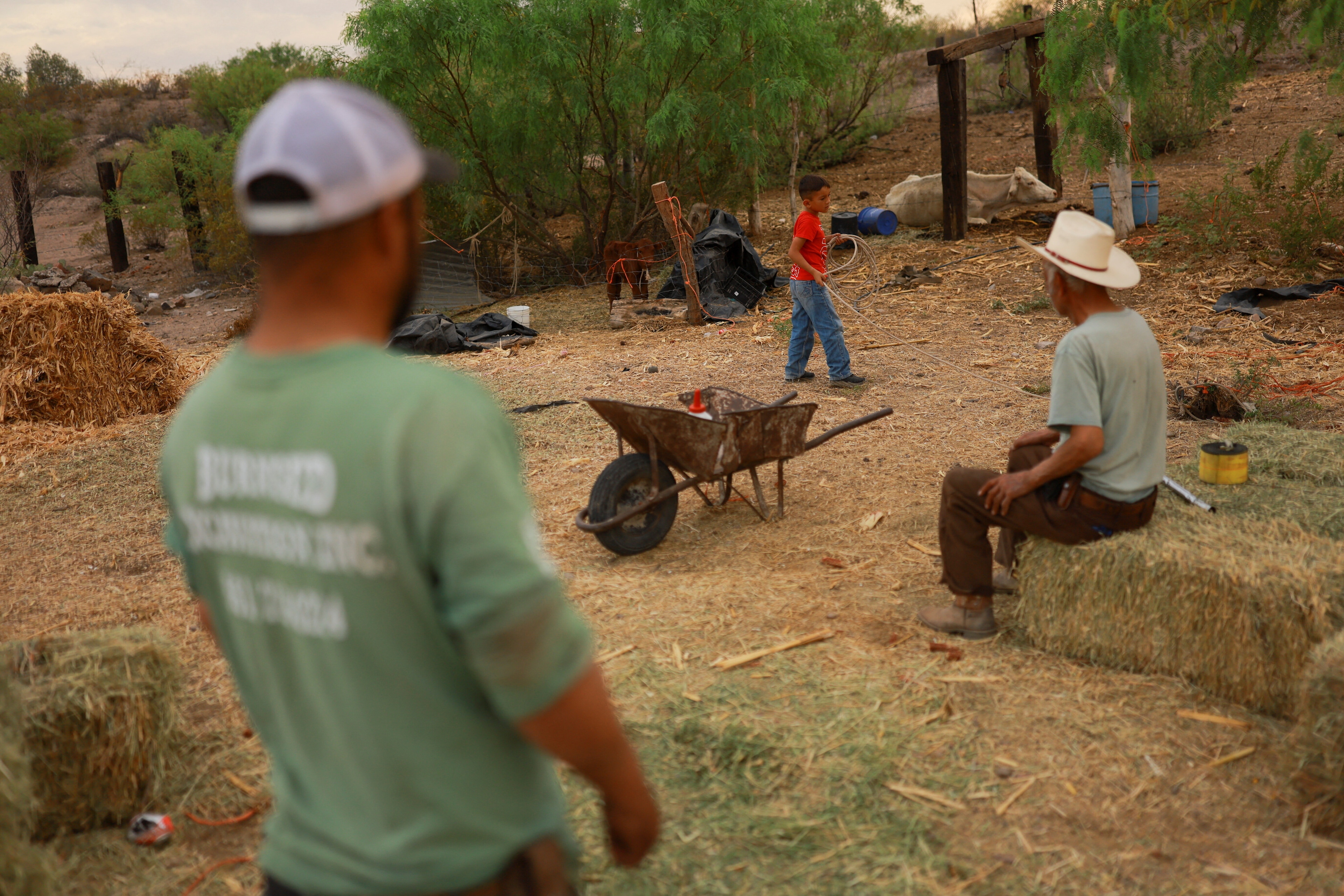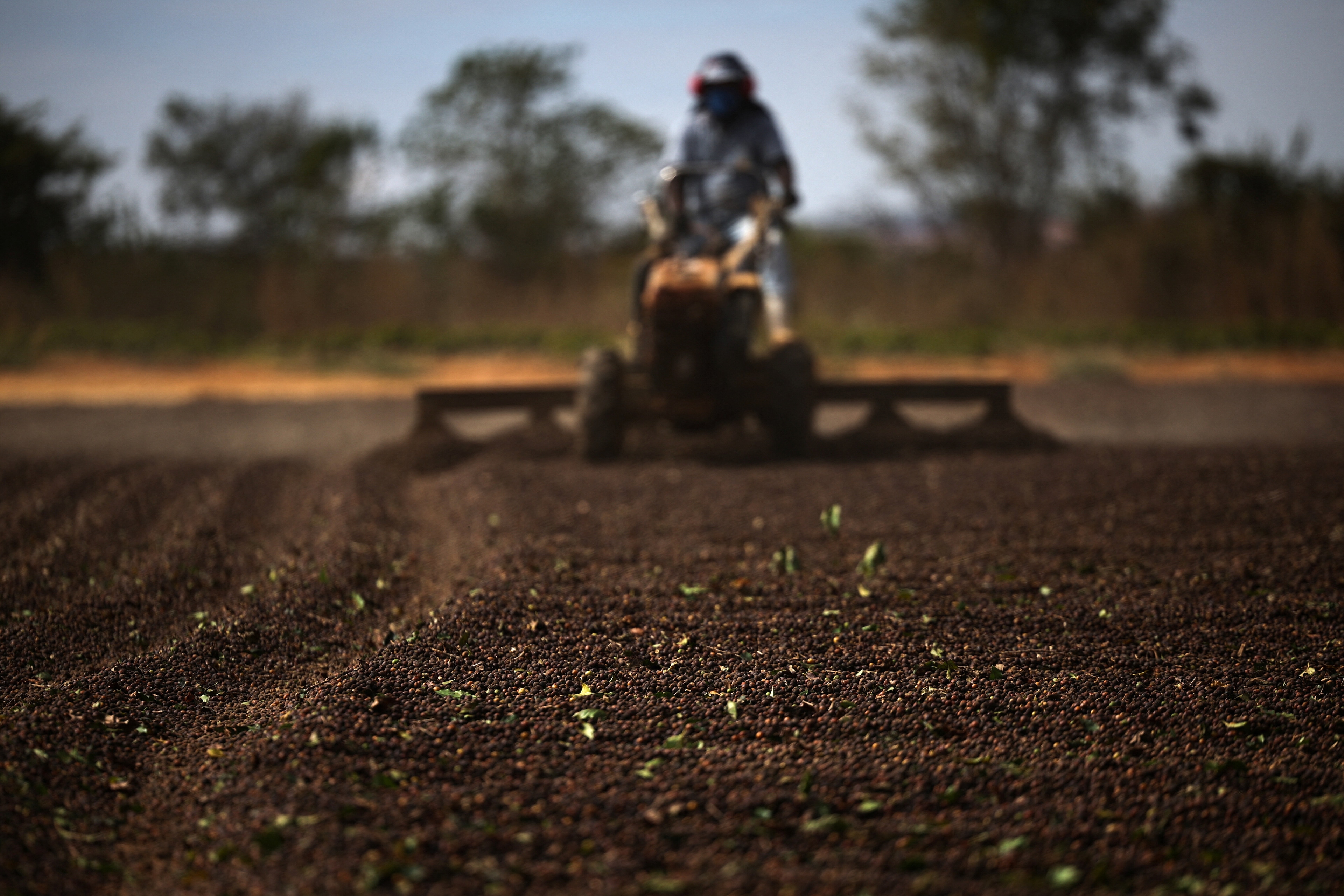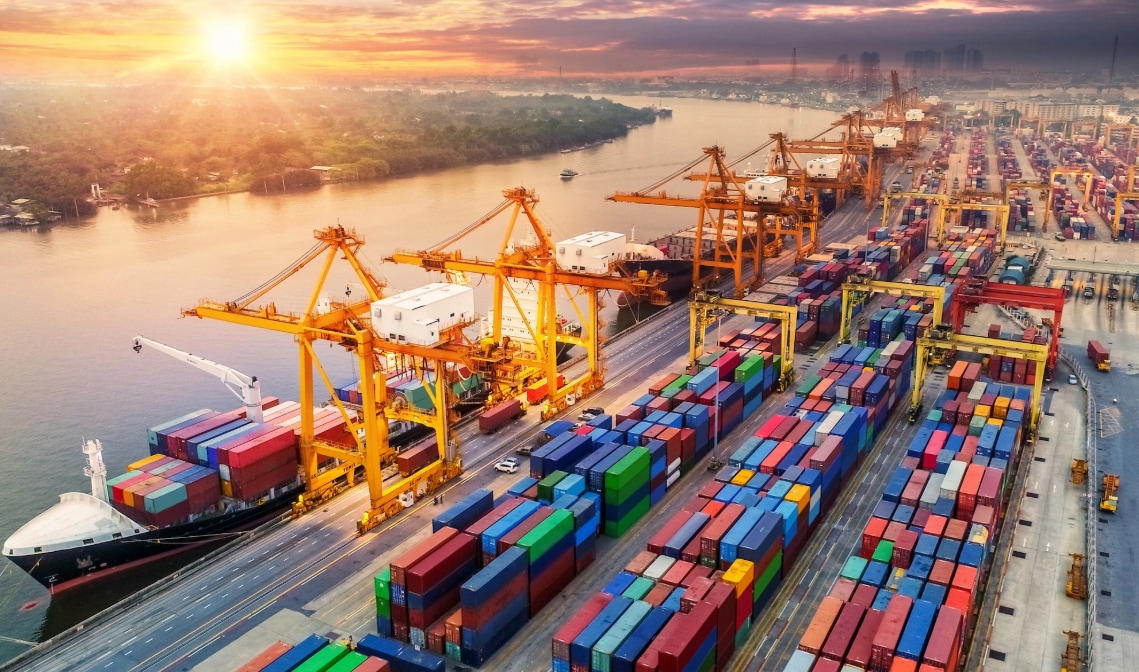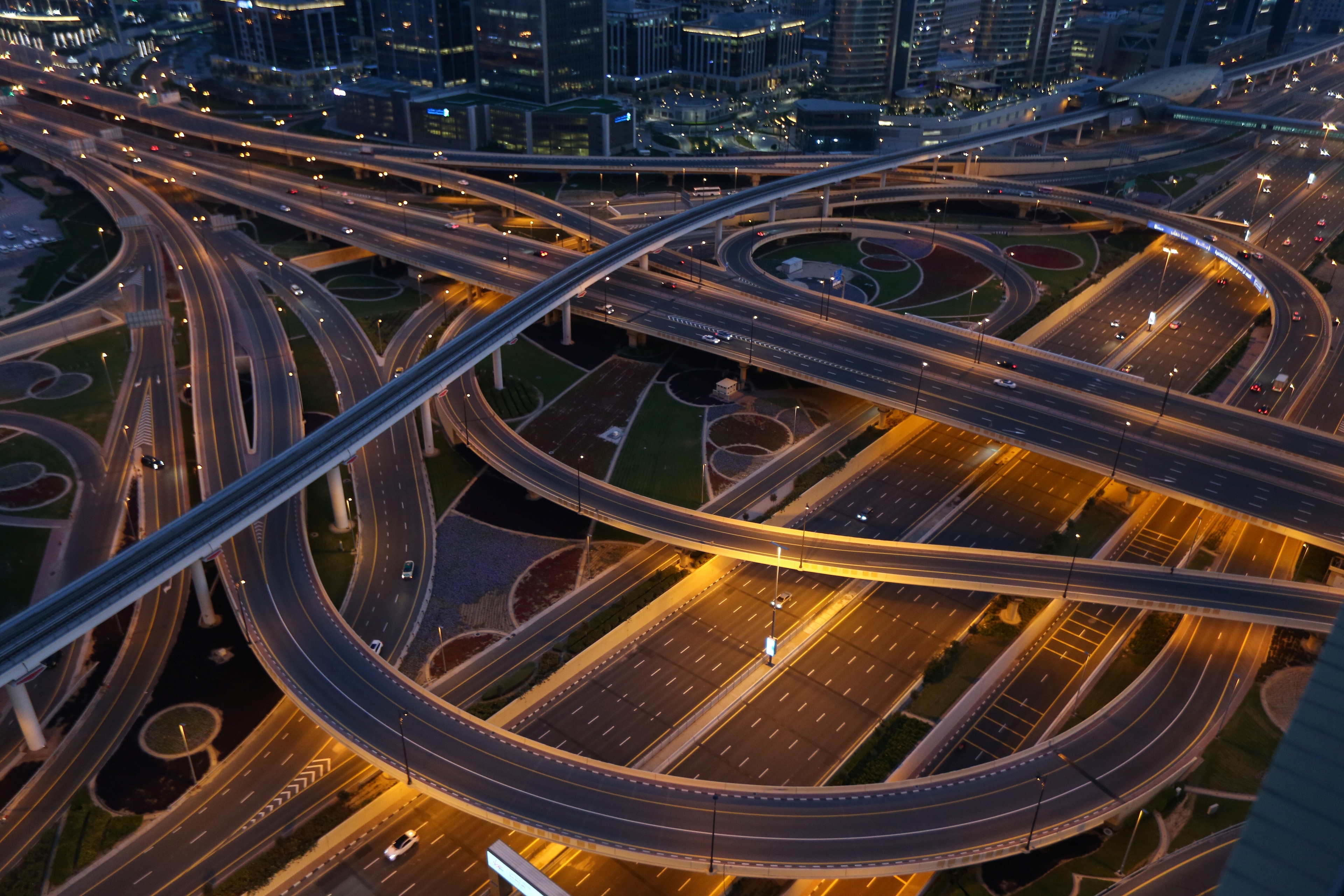Land, loss and liberation: Indigenous struggles amid the climate crisis

Indigenous people such as the Mbororo of Cameroon face discrimination further aggravated by climate change-induced disasters.
Image: Reuters/Tansa Musa FOR/JJ
Stay up to date:
Climate Crisis
- Indigenous people across the world are being disproportionately hit by the impact of climate change on their ancestral lands.
- This environmental vulnerability is compounded by their reliance on traditional practices and their often marginalized status.
- Here's why Indigenous people and their knowledge of looking after their land must be at the heart of climate policy-making.
Imagine living in harmony with your environment for millennia, only to have your ancestral lands vanish beneath rising tides, your pastures wither under relentless droughts, and your sacred mountains shrink under a warming sun.
This is not a dystopian future; it is the harsh reality confronting countless Indigenous communities across the globe, standing as the canaries in the coal mine of climate change.
In the looming shadows of this crisis, Indigenous communities find themselves thrust to the forefront. They often inhabit ecologically sensitive areas – coastlines, mountains, and forests, becoming highly vulnerable to the impacts of climate change such as rising sea levels, melting glaciers and extreme weather events.
This vulnerability is compounded by their reliance on traditional practices and their often marginalized status, leaving them less equipped to adapt to the swift and harsh changes taking place in their surroundings.
Climate change displacing Indigenous people across the world
Climate change-induced displacement of Indigenous communities is a multifaceted challenge. Apart from the evident environmental threats, forced relocations also result in the erosion of traditional governance, cultural practices and religious beliefs. This disruption often leads to mental health struggles, including depression, anxiety and, tragically, suicide.
Amidst these challenges, the scope of their impact is staggering. Indigenous people and rural communities inhabit more than 50% of the world's land, spanning all continents except Antarctica.
Within this vast expanse, 40% of the land traditionally occupied by Indigenous peoples is located in areas of high biodiversity, showcasing their pivotal role as custodians of precious ecosystems.
However, this custodianship comes at a cost, as Indigenous communities face poverty rates two to three times higher than the global average, underscoring the intersection of environmental vulnerability and economic marginalization.
In a disheartening statistic, climate change is displacing Indigenous communities at seven times the rate of the global population, leaving ancestral lands slipping away and traditions hanging in the balance.
These numbers speak to the urgency of understanding and addressing the unique challenges faced by Indigenous communities in the face of an evolving climate landscape.
As we navigate the unique challenges faced by Indigenous communities in Pakistan, Bangladesh, Cameroon and neighboring areas of the Central African Republic, it is essential to recognize that these are not isolated incidents but part of a broader global pattern.
Climate challenges facing Indigenous communities
Here are some examples of climate challenges facing Indigenous communities across the world:
The Kalash community (Pakistan): Guardians of the Hindu Kush now confronting melting glaciers
In the Chitral district of Pakistan, approximately 5,000 people belonging to the Kalash community are grappling with the profound impacts of accelerated climate change. Among the 3,044 glacial lakes in northern Pakistan, 33 are deemed to be at high risk of bursting, amplifying the threat of glacial floods that have reshaped entire landscapes.
These floods pose serious risks, including soil erosion, species displacement and food insecurity. The Kalash community, with a longstanding history in the region, now confronts an existential crisis, contemplating the necessity of relocation amidst mounting environmental challenges.
The Munda community (Bangladesh): Coastal dwellers thrust into urban slums
By 2050, an estimated 50 million people in Bangladesh are expected to be displaced due to the impacts of climate change, with those in coastal zones facing the highest vulnerability.
Within the world's largest mangrove forest, the Sundarbans, the Munda community has resided for two centuries, yet they remain disadvantaged due to their minority status, lacking access to microfinance, benefits and employment opportunities available to others.
Razu Bala Munda, a 75-year-old widow from the Munda community, is entitled to a widow allowance of BDT500 ($6) per month and an old age allowance of BDT800 ($9), but she receives neither, highlighting systemic disparities and neglect within the community.
The Mbororo community (Cameroon & Central African Republic): Discrimination aggravated by climate-induced disasters
The Mbororo community, an Indigenous group situated in the borderlands of Cameroon and neighbouring areas of the Central African Republic, has endured long-standing discrimination and abuses.
The exacerbation of their plight comes with climate-induced disasters like droughts and heatwaves, intensifying their challenges. Over the past two decades, thousands of deaths have been attributed to farmer-herder skirmishes, highlighting the nexus between climate change, political crises and the resulting loss of biodiversity.
Accept our marketing cookies to access this content.
These cookies are currently disabled in your browser.
Security and economic challenges interact with climate-induced disasters, as prolonged droughts often exacerbate tensions among different groups of people. Conflicts between nomadic Mbororo herders and farmers, along with incidents of cattle rustling, are stark realities in non-demarcated protected areas and national parks.
The Indigenous Mbororo herders face these challenges daily, with climate change compounding their plight. In 2023, Africa experienced a devastating toll from extreme weather disasters, with at least 15,700 lives lost.
Tragically, a significant portion of these casualties were from the Mbororo community, highlighting the acute vulnerability of these individuals to climate-induced disasters.
Why Indigenous knowledge must be at the heart of climate policy-making
As the global community grapples with the escalating impacts of climate change, it is clear we need sustainable solutions rooted in the wisdom of those who have nurtured and protected the Earth for generations.
Placing Indigenous knowledge at the heart of climate policy-making is not just a matter of equity; it is a strategic imperative. Indigenous communities bring a wealth of traditional practices, adaptive strategies, and a profound understanding of their ecosystems. This knowledge, shaped over centuries, can guide policies that are not only effective but also respectful of diverse ways of life.
However, to truly harness the potential of Indigenous knowledge, it is crucial to address existing gaps. Improved data collection mechanisms are needed to fully understand the nuanced impacts of climate induced displacement on Indigenous people.
Equally important is the need to actively listen and learn from those directly affected, ensuring their voices shape the policies intended to support them.
In countries where ancestral lands lack official recognition, the challenges are exacerbated. Without recognized properties, Indigenous communities face increased vulnerability, and the threat of land grabbing for economic exploitation looms large.
How is the World Economic Forum fighting the climate crisis?
This dynamic complicates the possibility of returning to their lands, highlighting the intricate interplay between policy, land rights, and climate justice.
Recognizing and respecting Indigenous perspectives is not a mere gesture of inclusivity; it is an acknowledgment of the deep interconnection between culture and environment. As we stand at the crossroads of the environmental crisis, it is crucial to understand the agency of Indigenous communities, inviting them to co-author the narrative of our planet's future.
Don't miss any update on this topic
Create a free account and access your personalized content collection with our latest publications and analyses.
License and Republishing
World Economic Forum articles may be republished in accordance with the Creative Commons Attribution-NonCommercial-NoDerivatives 4.0 International Public License, and in accordance with our Terms of Use.
The views expressed in this article are those of the author alone and not the World Economic Forum.
Forum Stories newsletter
Bringing you weekly curated insights and analysis on the global issues that matter.
More on Climate ActionSee all
Jose Ignacio Galindo and Nicolas Wertheimer
July 24, 2025
David Elliott
July 22, 2025
Stephanie Dunn and Firuze Alpaydin
July 22, 2025
Muhammad Hassan Dajana and James Balzer
July 22, 2025



